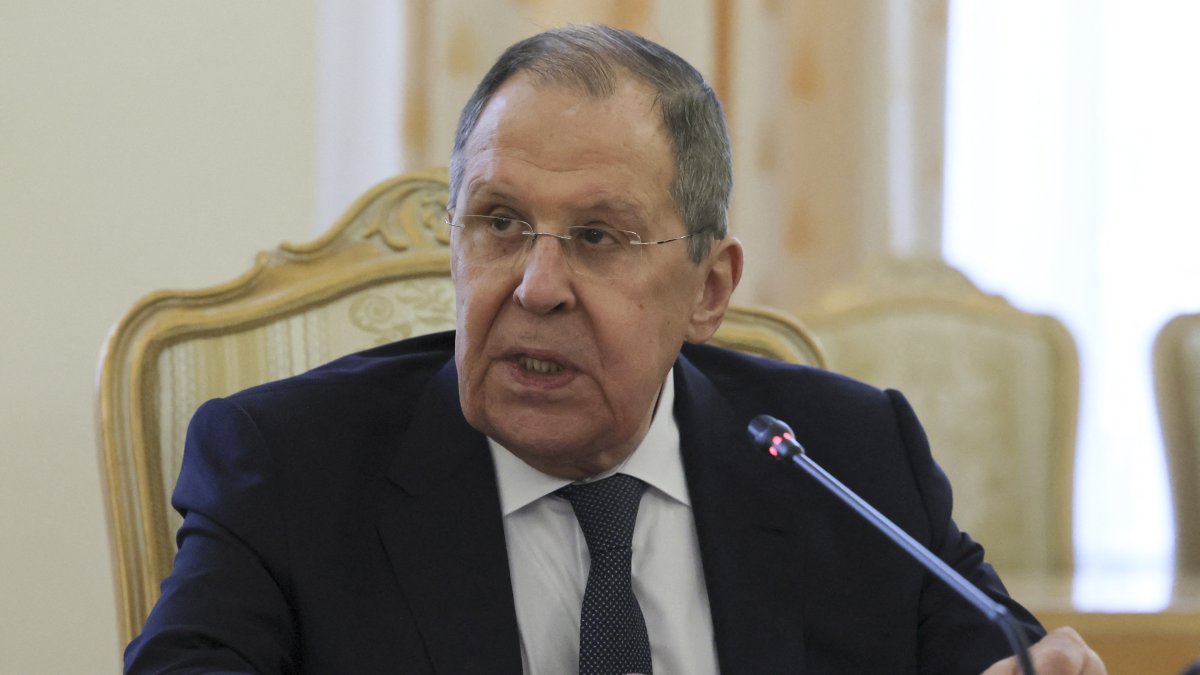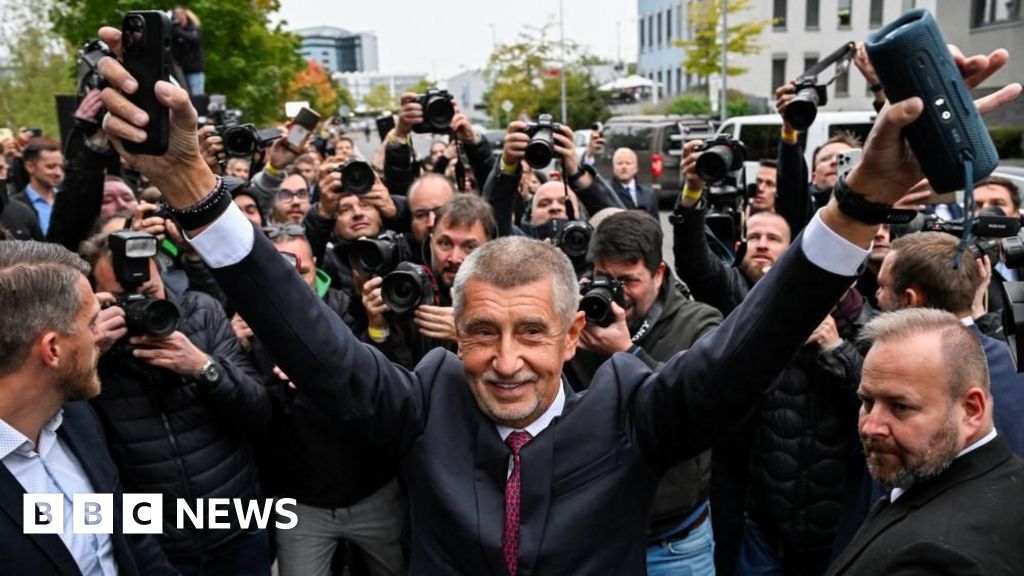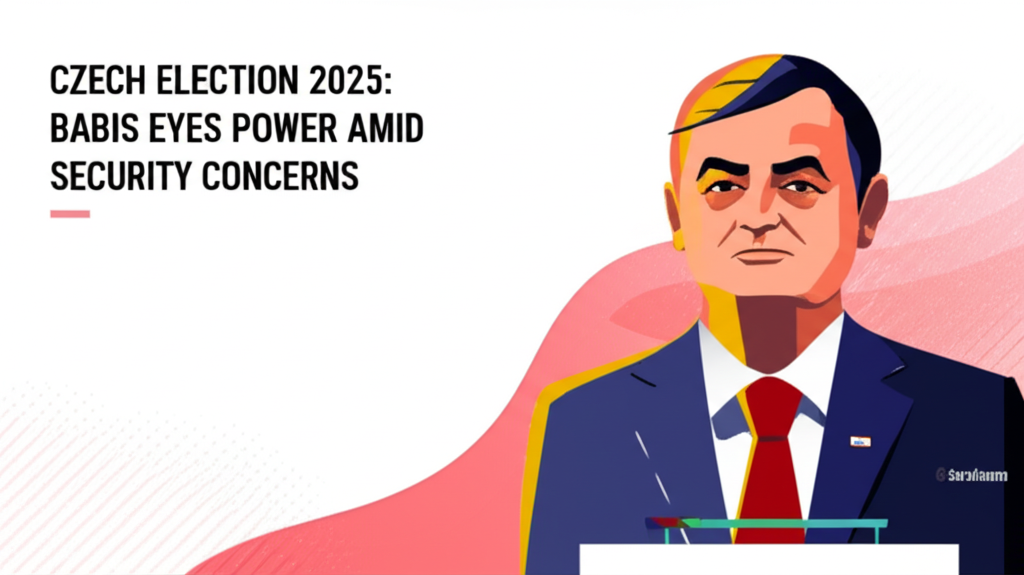Andrej Babiš's Return: Shifting Czechia's Stance on Ukraine
After facing political setbacks, billionaire Andrej Babiš has made a significant comeback in Czech politics, potentially altering the country's relationship with Ukraine and aligning it more closely with Hungary and Slovakia. His recent election victory marks a turning point after a period where his influence seemed to wane.
Babiš's Resurgence and Platform
In October 2021, Babiš's movement, ANO (Action of Dissatisfied Citizens), suffered a defeat against a coalition of pro-Western groups. Despite expectations of his departure from politics, Babiš launched an aggressive campaign criticizing the ruling coalition for issues like the energy crisis and inflation. He promised to reverse pension age increases, end aid to Ukraine, and attacked Prime Minister Petr Fiala.
On Saturday, ANO secured its largest election victory since 2011, positioning Babiš for a return as prime minister. He described this as "the culmination of my political career." Babiš, a former member of the Communist Party, has been compared to President Trump due to his wealth, authoritarian tendencies, and resilience in the face of scandal.
Implications for Ukraine and European Alliances
Babiš's victory is expected to weaken Ukraine's support from the Czech Republic, potentially shifting the country towards a pro-Russian stance, similar to that of Hungary under Viktor Orbán and Slovakia under Robert Fico. These nations have resisted providing military aid to Ukraine, continued importing Russian oil, and opposed sanctions against Russia.
Babiš has indicated plans to discontinue Czech participation in an international initiative to procure artillery shells for Ukraine. Furthermore, he opposes increased NATO defense spending and criticized the purchase of 24 U.S. F-35 fighter jets. He has already collaborated with Orbán to establish the "Patriots for Europe" alliance in the European Parliament, representing hard-right groups skeptical of EU migration and climate policies.
Past Controversies and Political Journey
Babiš entered Czech politics in 2013, becoming finance minister. He proposed lowering beer taxes, a popular move. However, as the owner of the Agrofert conglomerate, he faced allegations of using his influence to harm competitors. Parliament passed a law requiring him to transfer Agrofert to a trust fund, and he was later dismissed as finance minister in 2017.
Despite these controversies, Babiš won the 2017 election, becoming prime minister. His tenure was marked by police recommendations for indictment on EU subsidy fraud charges, leading to large-scale protests demanding his resignation. He was also linked to offshore accounts in the 2021 Pandora Papers, leading to his defeat in subsequent elections, including a presidential run against Petr Pavel.
Challenges Ahead
Although Babiš has rebounded, significant challenges remain. He still faces fraud charges related to EU subsidies, requiring Parliament to lift his immunity for a trial. He must also comply with stricter conflict-of-interest laws that prevent transferring ownership to trust funds or relatives.
Without a parliamentary majority, Babiš would need support from the anti-migrant Freedom and Direct Democracy party and the Motorists for Themselves to secure a confidence vote. While Babiš shares some views with the Motorists, the Freedom party's desire to leave the EU and NATO presents a challenge.
“We’re entering an unknown future,” said analyst Vladimíra Dvořáková from the Czech Technical University in Prague.
 Visit the website
Visit the website






